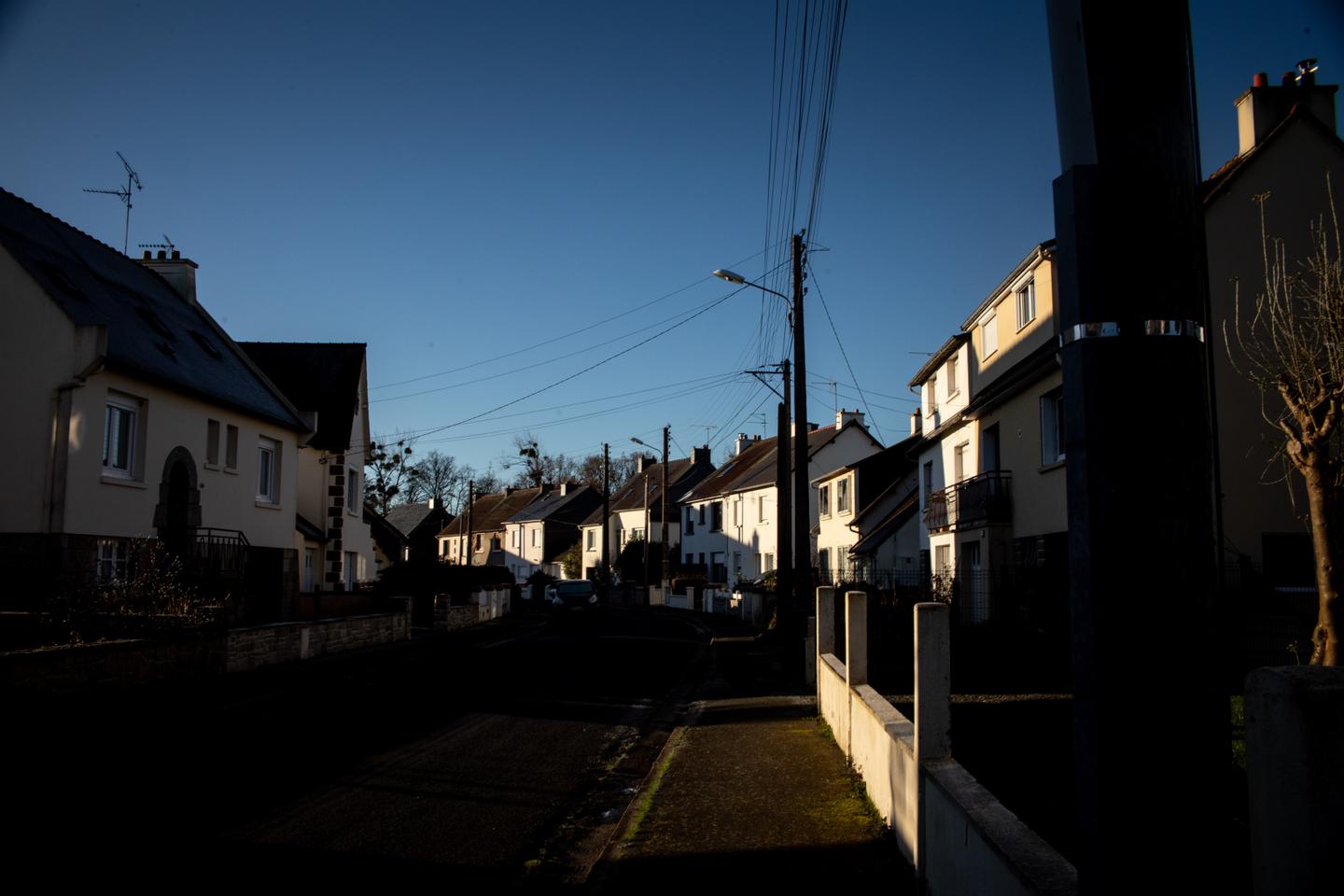


"For us, the Rassemblement National's [RN, far-right] victory is anything but a surprise," said Yvon Le Flohic, a general practitioner at a medical clinic in Ploufragan, a suburban town in Brittany. An ordinary slice of France, where the average annual income was €23,010 in 2021, almost identical to that year's national average (€23,160). In 2020, a quarter of the town's population was composed of retirees. Among those in the workforce, 20% were blue-collar workers, 30% were white-collar employees, 30% were intermediate professionals and 13% were executives. All this in the heart of Brittany, a region that has historically been impervious to political extremes, and neither affected by deindustrialization, nor by unemployment or insecurity.
Yet, on the evening of June 9, RN leader Jordan Bardella's list came out on top in the European elections in Ploufragan's department, with 28.21% of the vote (27.11% in the town's constituency). In 2019, Macron's centrist Renaissance party was in the lead, and RN leader Marine Le Pen had obtained 19% of the vote. "In our practice, we see everyone come through," continued the doctor. "We were sure of the result. Here, people have the feeling of no longer being taken into account, of not being represented, they no longer believe in the institutions. And that's nothing new."
Across the country, these middle-class voters expressed their resentment on June 9, during the European elections. Some through abstention, and many by voting for the RN, a party who traditionally relies on working-class voters. According to OpinionWay's analysis, 41% of households earning between €1,000 and €2,000 a month voted for Bardella, and 33% of those whose incomes lay between €2,000 and €3,500. A sociological breakthrough: Among white-collar employees, the RN progressed 10 points from 2019 to 2024, and 15 points among intermediate professions.
Hard hit by inflation
To this malaise has been added the hurricane of inflation, which has shaken people's lifestyles and certainties. "We hadn't seen prices rise like this for 40 years, and back then, all wages were indexed on prices," said Mathieu Plane, deputy head of the analysis and forecasting department at the French Economic Observatory (OFCE). "This is the first time we've experienced such an inflationary crisis without that protection."
Hard hit by soaring commodity prices – food prices have risen by 20% over two years, electricity by 70% over five years – and excluded from welfare schemes aimed at those with the most modest incomes, the French middle class has seen their habits and consumption patterns turned upside down, as Elisabeth (who preferred to remain anonymous), 56, who lives on the southern French coast, said: "For several years now, I've been in the habit of counting every euro when I go shopping, and I've realized that I'm not the only one. I also see men browsing the aisles calculators in hand. And that's not all. Every expense is planned, and I can't go on vacation or save up anymore."
You have 72.04% of this article left to read. The rest is for subscribers only.
